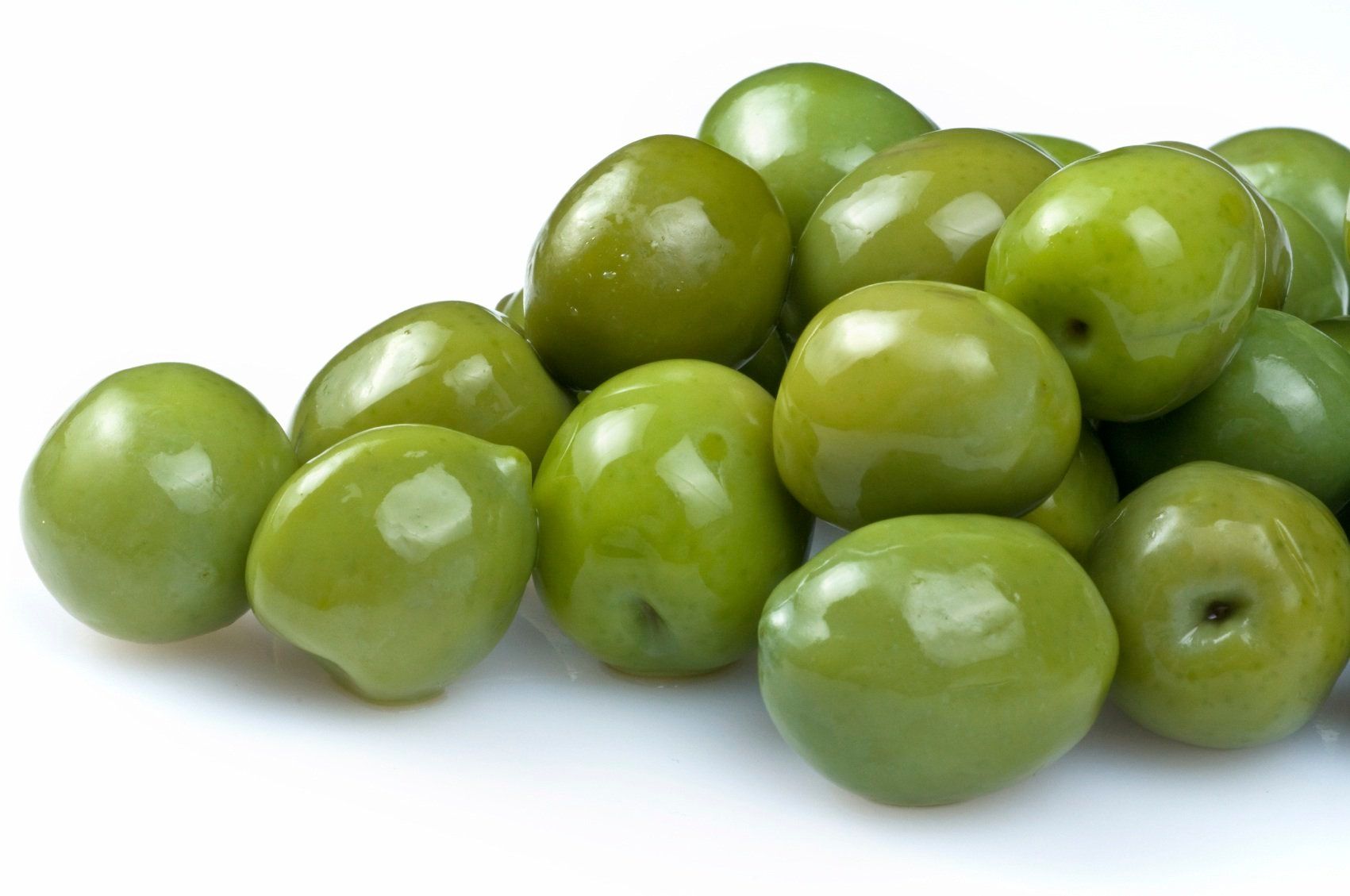New Citrus and Olive Formulation Targets Cardiovascular Health
Frutarom Health’s CitrOlive is designed to support overall cardiovascular function and defend against hardening of the arteries.
Photo © iStockphoto.com/Juanmonino

Frutarom Health (Haifa, Israel) has launched CitrOlive, a formulation of Mediterranean citrus and olive extracts designed to support overall cardiovascular function and defend against hardening of the arteries. The water-soluble formulation is appropriate for use in functional foods, beverages, and dietary supplements.
“The Mediterranean diet, with its abundant use of olive oil, has long been considered the gold standard for a healthy, nutritious diet, and for decades has been clinically associated with a reduced risk for cardiovascular problems,” says Yannick Capelle, product manager for Frutarom Health, in the launch announcement. “CitrOlive is an innovative and natural ingredient that delivers the phytonutrients of the Mediterranean diet in a concentrated form.”
Studies have indicated the phytochemicals, polyphenols, and flavonoids present in CitrOlive offer strong antioxidant and anti-inflammatory benefits, including a recent clinical trial in Spain that suggested 90-day supplementation with 500mg/day of CitrOlive resulted in a significant drop in triglycerides and oxidized LDL cholesterol levels, according to Frutarom Health. Acute toxicity studies have also demonstrated the safety of the product, the firm adds.
“CitrOlive is an important addition to our Mediterranean ingredients line,” Capelle explains. “It reflects our mission to explore the benefits of the Mediterranean diet and provide pure, safe ingredients backed by solid scientific research.”
Read more:
New Instant Drink Powders Take Mediterranean Antioxidants to Beverages
Mediterranean Citrus Ingredient May Help Men Lose Fat, Keep Muscle
Purslane Extract Supports Blood Sugar Control, Study Suggests
Michael Crane
Associate Editor
Nutritional Outlook Magazine
michael.crane@ubm.com
HHS announces restructuring plans to consolidate divisions and downsize workforce
Published: March 27th 2025 | Updated: March 27th 2025According to the announcement, the restructuring will save taxpayers $1.8 billion per year by reducing the workforce by 10,000 full-time employees and consolidating the department’s 28 divisions into 15 new divisions.










